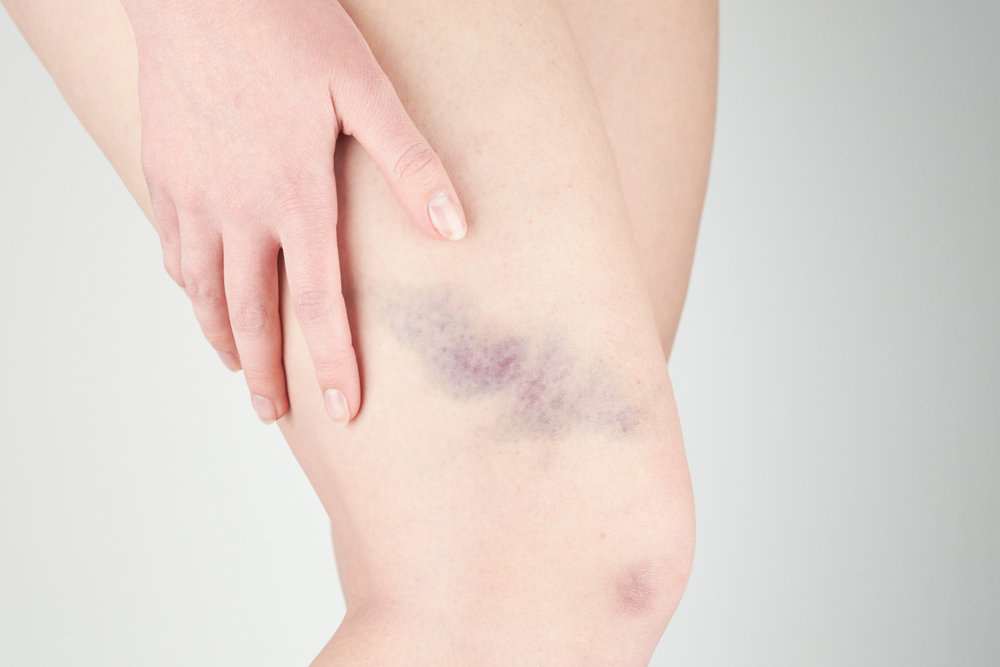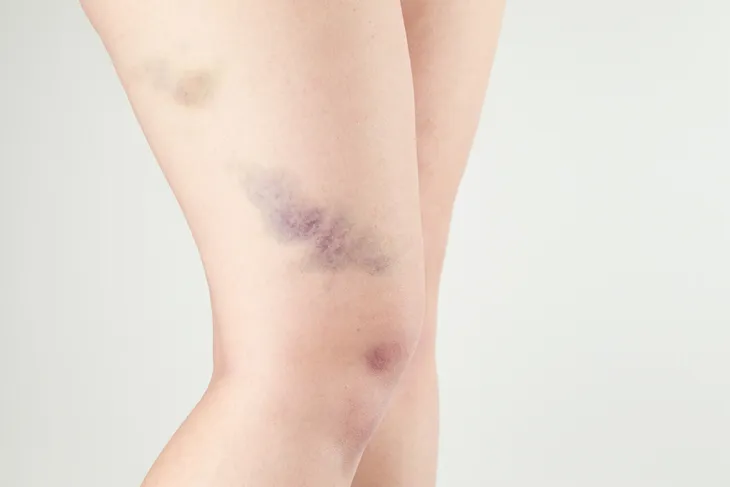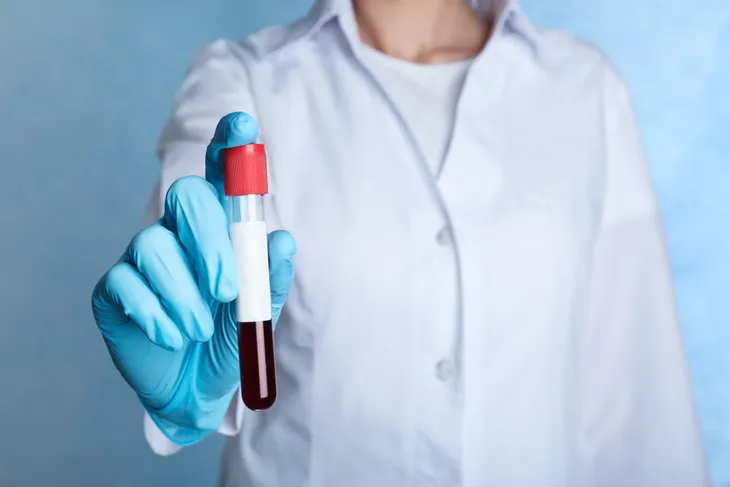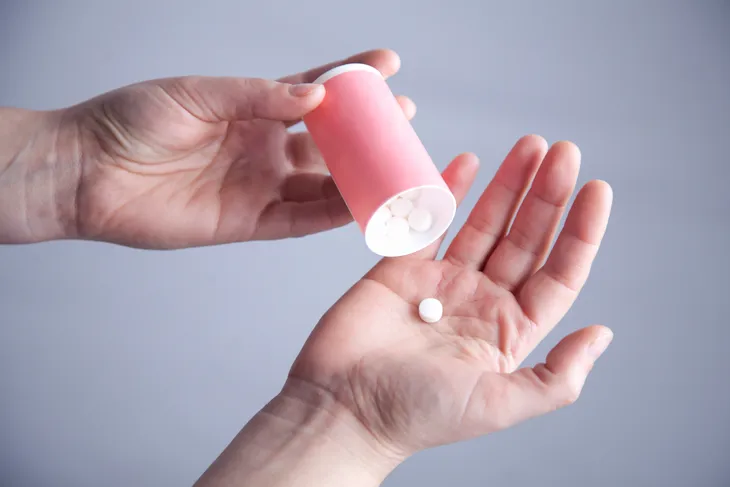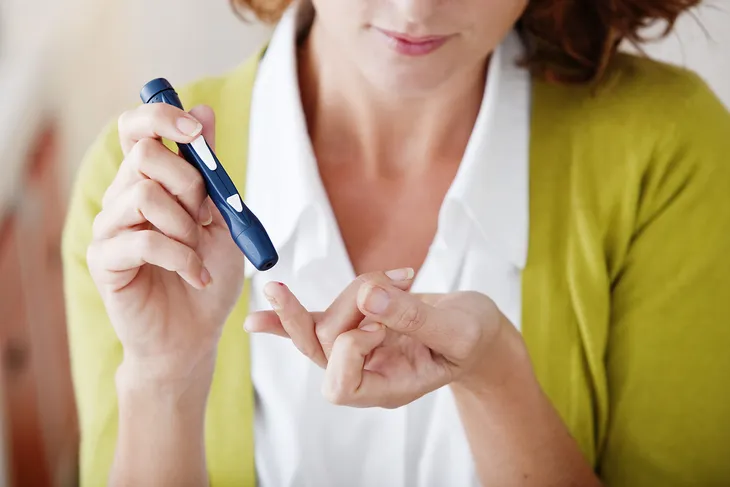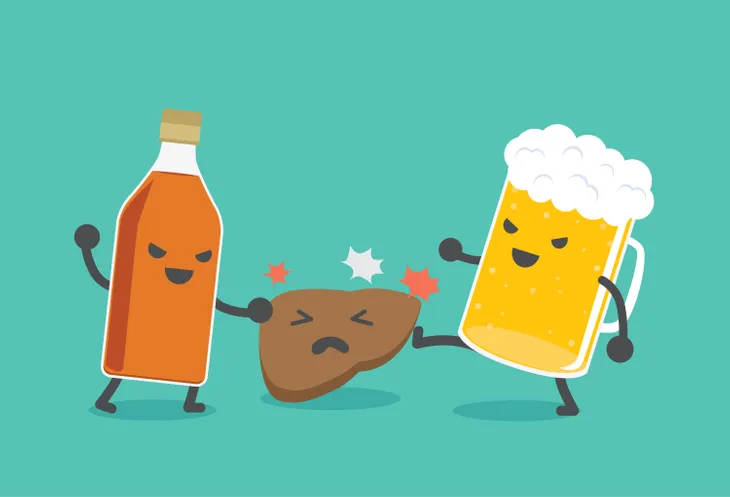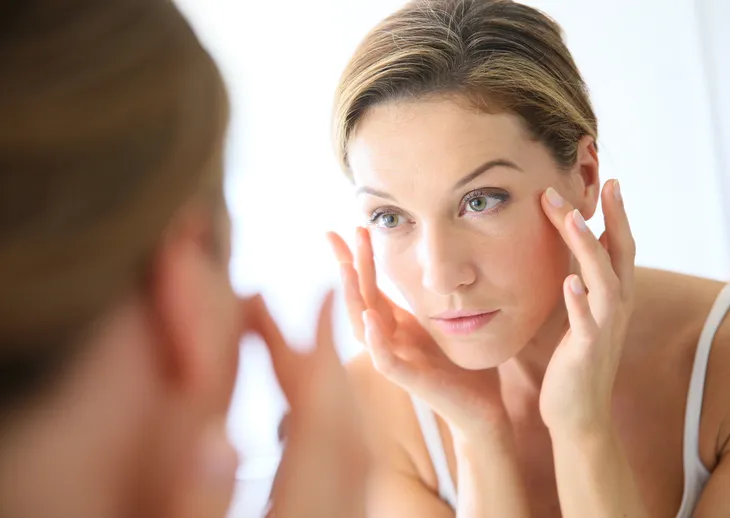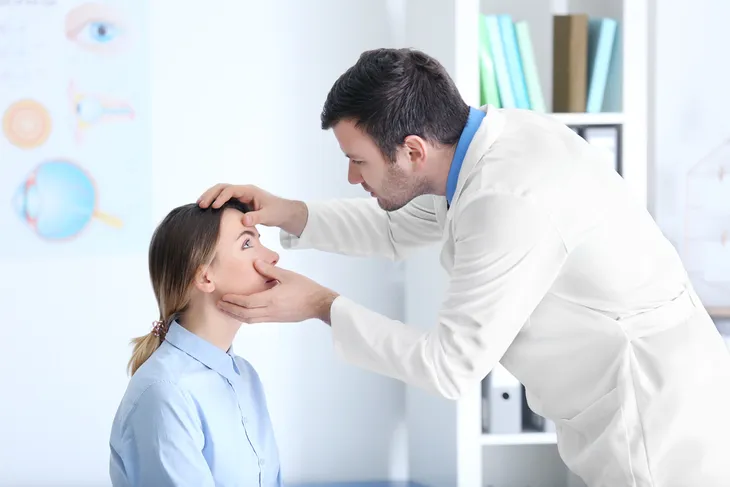Do you often walk around looking like an advertiser for “Barney” the big purple dinosaur? Some people do bruise more readily than others. Maybe you’re clumsy — or perhaps it’s a sign of a severe disorder.
Please don’t feel the need to panic, though. You can treat many of the underlying causes of bruises holistically, and if you do have a condition, it may not require routine monitoring. Here are 14 reasons for these hematomas of the capillaries, as well as how you can remedy the underlying disorders causing the discoloration.
Gender
If you’re a woman, you’ve probably experienced the joy of spying a particularly colorful contusion on your arm or leg while having zero clues about how it got there. Guess what? You are more likely to bruise than your male counterparts.
Researchers used to blame the excess body fat many women have as the culprit. If you imagine your skin cells like peaches, people with lower levels of fat create a similar situation to transporting these fruits in sturdy crates, versus a more jelly-like packaging. Not all women have higher body fat percentages than all men — but the distinction holds.
The more likely rascal is estrogen because this hormone acts as a vasodilator, meaning it keeps blood vessels open. This hormonal level difference also explains why women are more prone to varicose veins than their male counterparts, and why their blood vessels undergo changes during menopause.
Blood Disorders
Three different factors can play a role in bleeding disorders that lead to excessive bruising:
Platelet insufficiency: If your bone marrow doesn’t make enough platelets, you could have thrombocytopenia. This condition increases the risk of bleeding, even when you don’t suffer an injury.
- Lack of Blood-Clotting Factors: Sometimes, your liver fails to produce adequate levels of clotting factor to keep minor injuries from becoming substantial bruises.
- Blood Vessel Narrowing: Defects in your blood vessels, such as the excessive buildup of plaques, can cause constriction, which leads to increased bleeding.
Taking Blood-Thinning Medications
Millions of Americans live with high blood pressure or other risk factors for cardiovascular disease. If you’re one of them, the medications you take to manage your conditions can cause excessive bruising. Even if you take a daily aspirin to decrease your risk of heart attack or stroke, you could wake up with unexpected contusions on your arms and legs.
Anticoagulants like Coumadin and Xarelto increase bleeding risk, and therefore, they can make you bruise more. Additionally, steroid medications such as prednisone and hydrocortisone can make your skin thinner and prone to blemishes. Some antidepressants, such as Prozac and Zoloft, can likewise lead to the increased potential of looking like an apple somebody dropped too many times.
Chronic Illness
If you have a chronic illness, you may bruise more readily. Unfortunately, in the United States, repeated crops of unexplained contusions may serve as your first sign that something is wrong. Did you know that seven out of 10 deaths among Americans are due to chronic conditions, but many of them are preventable? However, if you skip routine doctor visits because you lack insurance, you might not know your blood pressure or sugar levels run too high.
For example, bruises that don’t heal are one of the hallmark signs of diabetes. Millions of Americans now live with the type 2 form of the disease, which is largely preventable through proper diet. Eating a plant-based diet that is low in refined carbohydrates and sugars is one way you can slash your risk of developing the disease significantly. It’s important to see your doctor for regular checkups so that you can reap the health rewards of preventative care.
Nutritional Deficiencies
If you lack vitamin C, you can develop a condition known as scurvy. Scurvy causes bleeding gums and bruising and can lead to the loss of teeth. British sailors came by the nickname “limey” because of the lime juice the Royal Navy used to treat the disease in the early days. You can combat the disorder by increasing your consumption of citrus fruits and brightly colored peppers.
Likewise, a deficiency in vitamin K makes it challenging for your blood to clot, leading to excessive bruising. Fortunately, this nutrient is widely available in leafy green vegetables and radishes. Having a salad now and then is a wise choice if you want to increase your blood-clotting ability.
Taking Too Much of Some Vitamins
You may experience excessive bruising when you begin taking particular supplements. For example, over 2-percent of the U.S. population takes ginkgo biloba for various reasons. In a study published in the Journal of General internal Medicine, researchers did a meta-analysis of 15 published case reports showing a temporal relationship between this herb’s use and a bleeding event. However, 13 of these did show other potential causes for the bleeding besides the plant.
Additionally, you might experience excessive bruising if you take vitamin E. This nutrient has many beneficial effects, including opening your blood vessels and thinning your blood, making it handy if you’re at an increased risk of heart attack or stroke. However, these very properties mean that taking a supplement may cause you to become rather colorful for a while.
Coordination Challenges
Some chronic medical conditions create significant balance and coordination challenges. For example, if you have hemiplegic migraine, you can experience long-term neuromuscular effects that can leave you dizzy and uncoordinated. This effect can occur if a traumatic brain injury or lesions result in damage to the cerebellum, which can cause ataxia, a lack of coordination with voluntary movements.
Additionally, conditions like different types of palsy can cause involuntary muscle movements that result in you striking and bruising yourself. Even an underactive thyroid gland can cause difficulty with coordination, so if you struggle and you also experience symptoms like cold hands and feet and dry skin, get tested through your doctor.
Alcohol Dependency
Your liver produces clotting factors, and without these substances, your body will bruise more often. One of the signs you may experience if you regularly overindulge in the bottle is excessive bruising. As you begin to develop cirrhosis of the liver, your blood’s ability to clot grows increasingly more diminished.
How do you know if you drink to excess? Most medical professionals recommend no more than one drink per day for women and two for men. If you tend to tip back more than one glass on a Friday or a Saturday night, try to have a couple of entirely sober days earlier in the week.
Playing Sports
If you play any type of contact sport, guess what? You’re going to bruise more than the average person. It’s kind of an associated risk. Any time you suffer an injury or even just a slight bump, it can leave a mark.
Even weightlifting doesn’t come entirely free from risk. You could pinch yourself between stacks or drop a dumbbell on a misplaced foot. Any time you move, you could trip — but the consequences of remaining sedentary far outweigh the risks of working up a sweat.
Aging
It’s sad but inevitable. As we get older, our skin gets thinner. This effect is even more noticeable in women due to their hormonal levels. When you have less padding between your skin’s surface and the many capillaries underneath, you bruise more readily.
Unfortunately, there isn’t much you can do to change your age. However, try to exercise caution and consider rearranging your furniture. Many teachers often have rings of bruises on their legs at an equal height with little desks. Giving yourself larger gaps between can cut down on the color.
Spending Time in the Sun
You probably know that worshiping el sol every day will result in skin that resembles a crocodile purse before the age of 60. However, did you know that over time, repeated sun exposure will weaken both the dermis and the tiny blood vessels underneath, leaving you more prone to bruising?
Fortunately, you can prevent this type of bruising by dolloping on the sunscreen before heading outdoors. Remember, though, that sunlight also helps produce vitamin D. You can venture outdoors for a few minutes without it sometimes — just don’t linger unprotected.
Bad Eyesight
Considering we rely on our eyes for so much, it’s a shame that many people lack vision coverage in America. Nearly 16 million citizens live with uncorrected eye conditions that could potentially lead to more bruising because they can’t see where they’re going!
Try to scrape together the funds for an annual eye exam if nearsightedness or farsightedness runs in your family. If you don’t have a history of visual impairment, you can go slightly longer, but you should prioritize screenings. A pair of readers could help you fight off headaches.
Clumsiness
While this one might seem obvious, it’s important to mention! You might merely bruise more easily because of clumsiness. Scientists have found that slower processing speeds and reaction times make some people more prone to becoming a klutz than others.
Fortunately, practicing brain-body exercises, such as dance or yoga, can help to minimize clumsiness. Your health will benefit in more ways than one. Not only does it get you moving, but you’ll likely also gain better posture and balance!
If you bruise more readily than others, you may have a medical condition — or not. You may also be able to tone down your vibrant hues by making lifestyle changes. Check with your doctor and follow the tips above.
